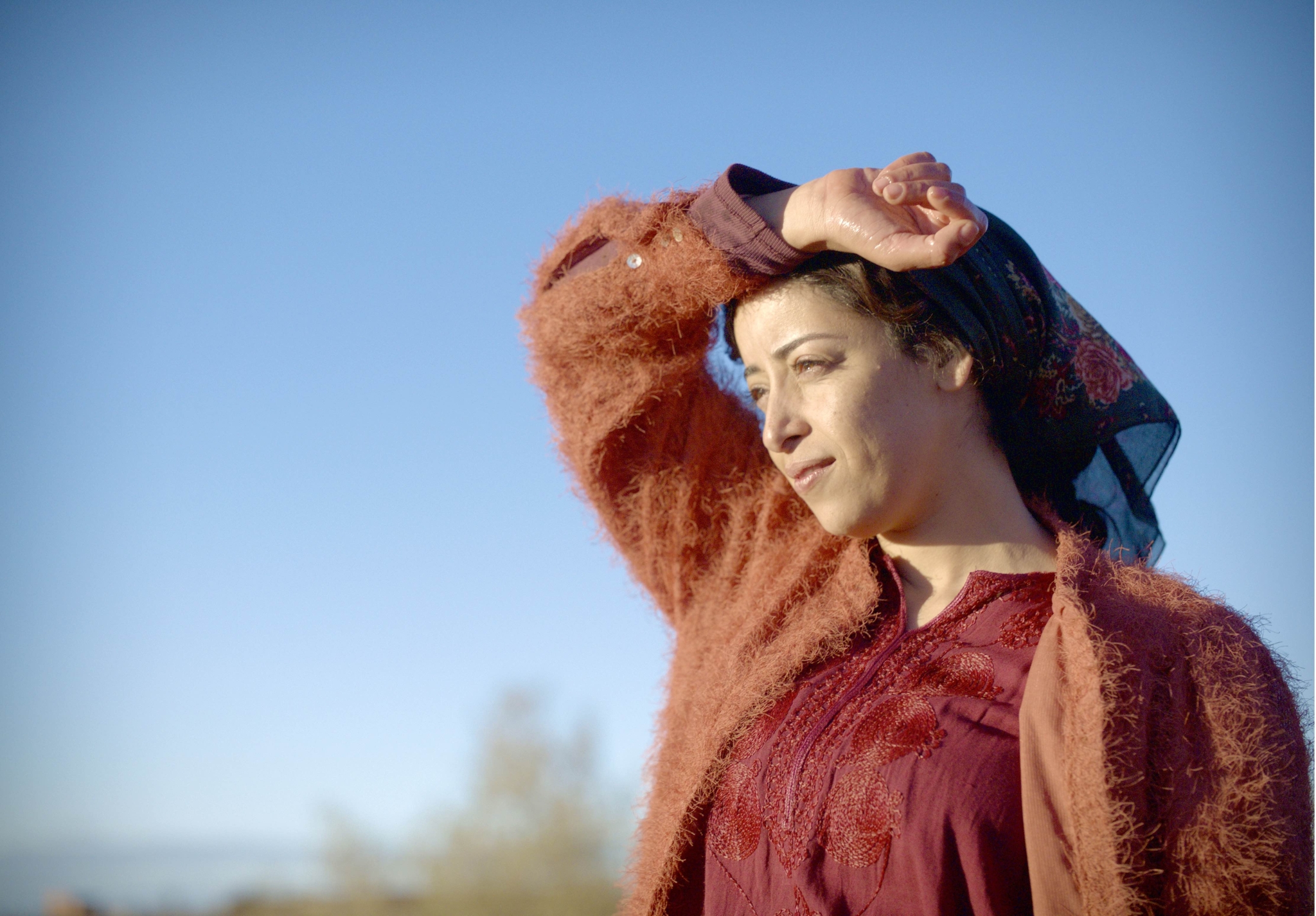
With appearances from stars such as Jacob Elordi, Luca Guadagnino and Monica Bellucci, Chris Cotonou reports from this year’s edition of Marrakech Film Festival.
There’s something in the air at this year’s Marrakech Film Festival. After two previous visits, it is especially evident to me that, in 2024, the world’s eyes are looking toward the Rose City. It started with a certain craze around Jacob Elordi’s beard, but those eyes have remained fixed thanks to its starry line-up—not only on the jury (we’ll get to that in a moment) but also a selection of visitors here for unique talks, workshops, screenings, and an atmosphere that feels considerably more relaxed than at other festivals.
Melita Toscan du Plantier has assembled jury head Luca Guadagnino, Monica Bellucci, Andrew Garfield, Patricia Arquette, David Cronenberg, Tim Burton, Elordi, Ali Abbasi, Justin Kurzel, Diane Kruger, Ava DuVernay, and even Eric Cantona at the same festival (I actually ran into Cantona randomly with his wife, the actress Rachida Brakni at an art gallery in Gueliz). There are also some of the greatest artists in North Africa and Middle Eastern cinema here, well represented by the festival’s line-up of films which are shown at the Palais de Congres, but also throughout the city. It’s great fun discovering a Moroccan indie at the Cinema Colisée in trendy Gueliz and then heading to the Yves Saint Laurent Museum to see Monica Bellucci introduce her Maria Callas documentary.
Speaking of Monica Bellucci, the Italian actress caused an uproar worthy of a diva, before she took to the stage at the museum. The outside was surrounded by locals and visitors alike, battling for the chance to see her. A day earlier, Tim Burton had a similar reception. David Cronenberg, on the other-hand, was one for the cinephiles. “I always wanted to be a scientist,” he said to an attentive audience, “… I’d rather do my own science [through cinema].”
There are also some of the greatest artists in North Africa and Middle Eastern cinema here, well represented by the festival’s line-up of films which are shown at the Palais de Congres, but also throughout the city. It’s great fun discovering a Moroccan indie at the Cinema Colisée in trendy Gueliz and then heading to the Yves Saint Laurent Museum to see Monica Bellucci introduce her Maria Callas documentary.
Chris Cotonou
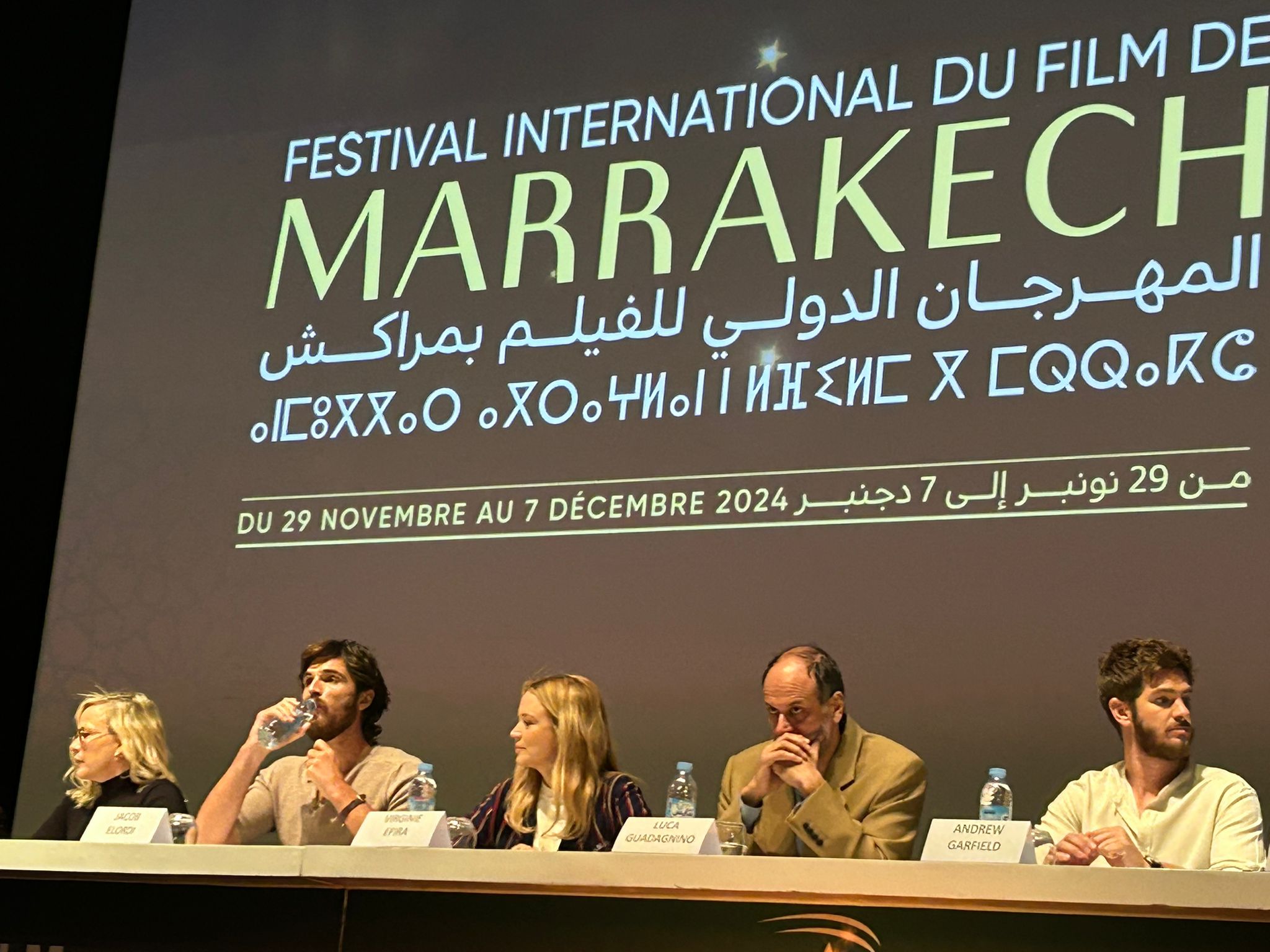
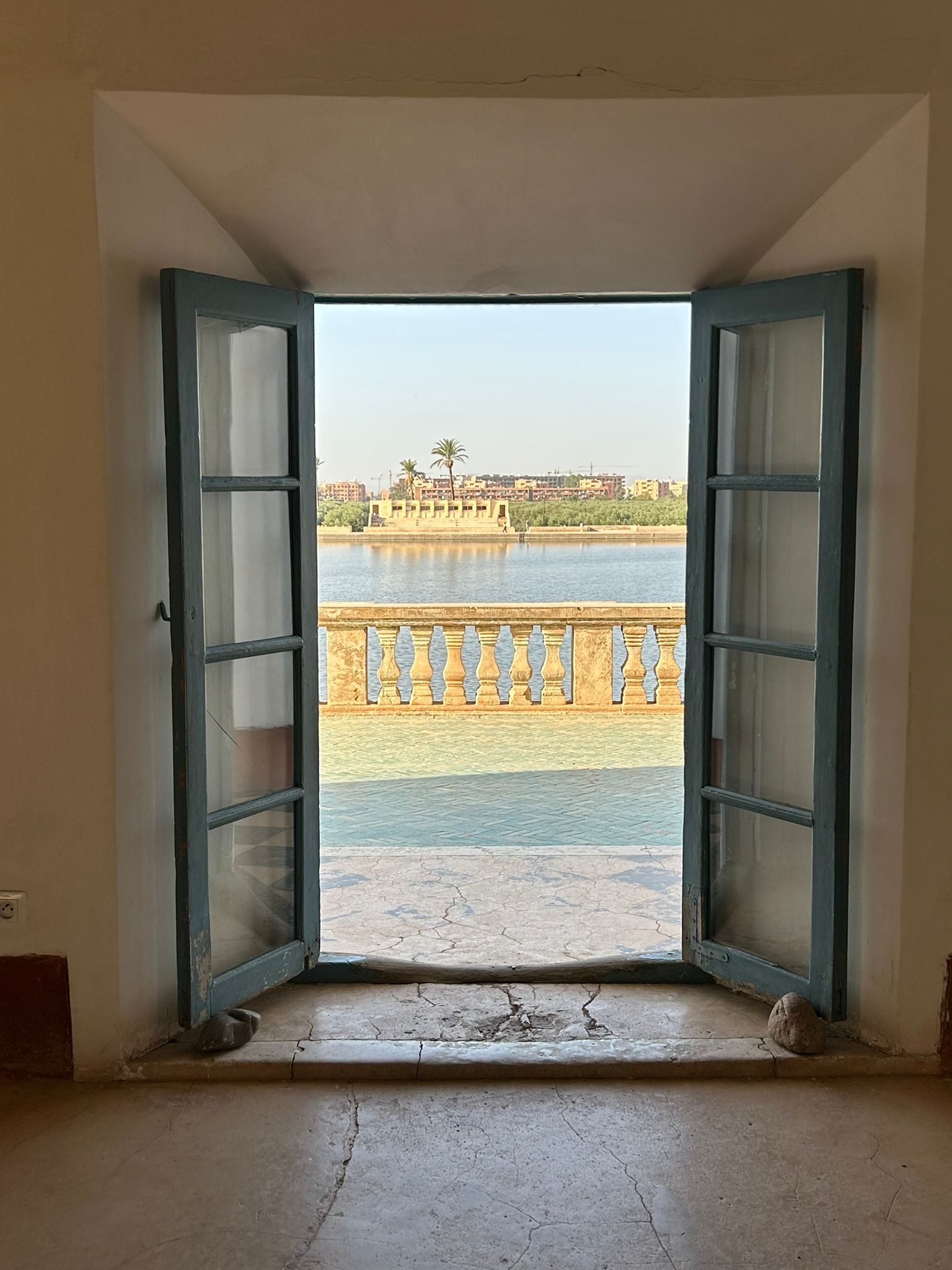

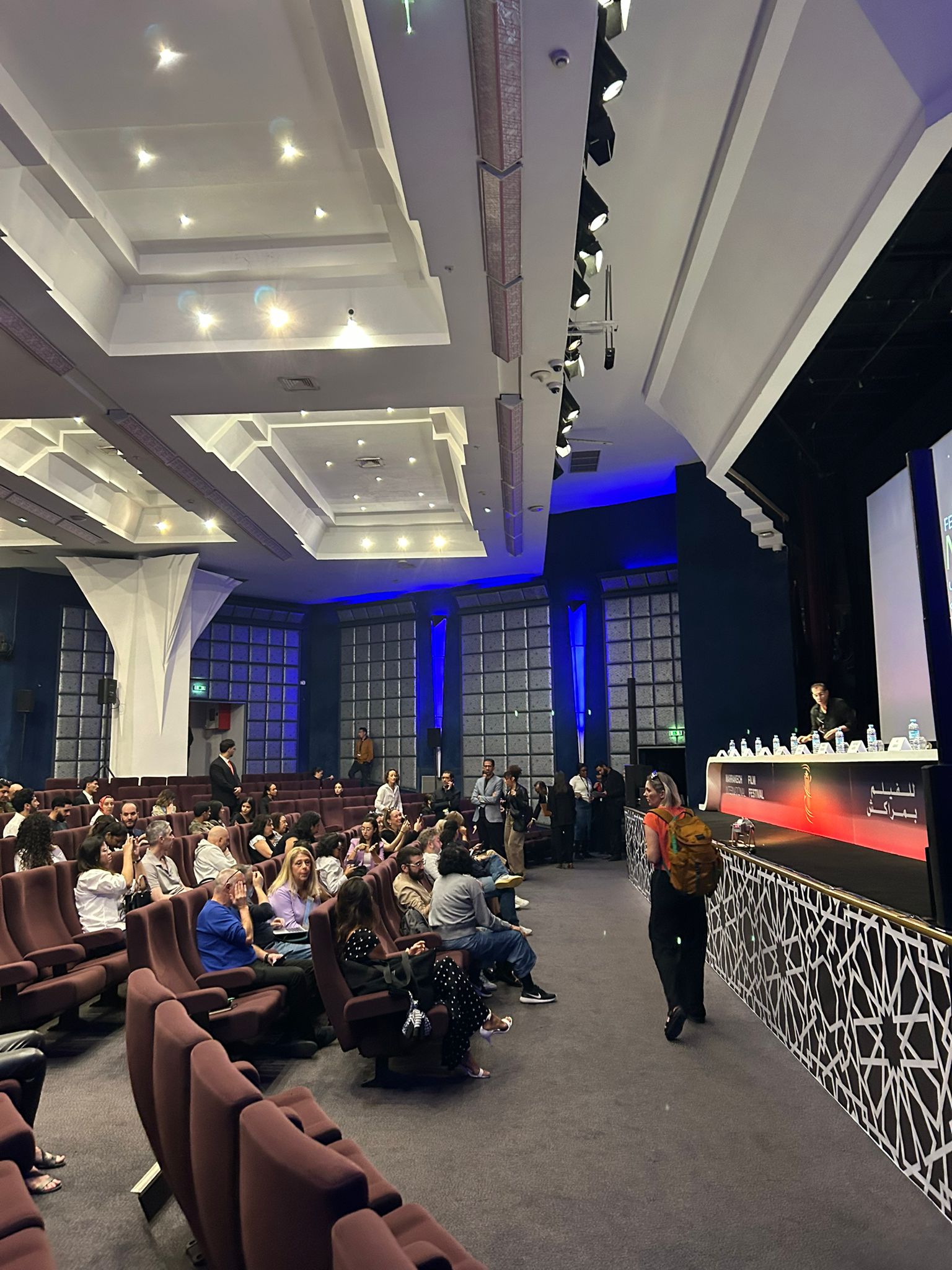
Jury Head Luca Guadagnino returned after his first outing to the festival last year. He stressed his childhood roots to the region, and a particular “conversation with a young person at the Atlas Workshops last year,” which made him want to return and continue the conversation around film in Morocco.
The festivities started with Justin Kurzel’s Neo-Nazi thriller The Order. Kurzel is another returning figure. The press conference was especially insightful. Andrew Garfield, who I’ll be interviewing while here, was especially looking forward to being among a diverse set of artists. And when one journalist asked whether he was able to escape the typecast of spider man, he replied: “I’ve had to work very hard to have much less people ask about Spider-Man.” Guadagnino (who has worked with Garfield) stuck up for his friend by describing the power of the character, and how he would’ve loved to do a Spider-Man film. It was a touching moment, which expressed the kind of solidarity the jury always have in Marrakech—a place where they wander freely around the Mamounia, spending their days debating over coffee and bonding at nighttime dinners in glamorous salons.
There was, of course, political undertones. That’s part of the deal at the biggest festival in the Arab World. But with screenings of La Quinta, local hero Nabil Ayouch’s Everybody Loves Touda (a standout), Diaries from Lebanon, and The Order, the festival is embracing this reputation as a home for moving activistic cinema. A young reveller I met in trendy Gueliz told me: “It’s a great festival, because it’s not like Cannes. There’s a sense of the festival being a political moment.”
The same words were echoed by Sean Penn, but this time toward the Academy, when during a press conference he accused them of cowardice in speaking out against the kind of films that are funded and made—small, political films that are highlighted in the Moroccan movie itinerary by Toscan du Plantier and Remi Bonhomme.
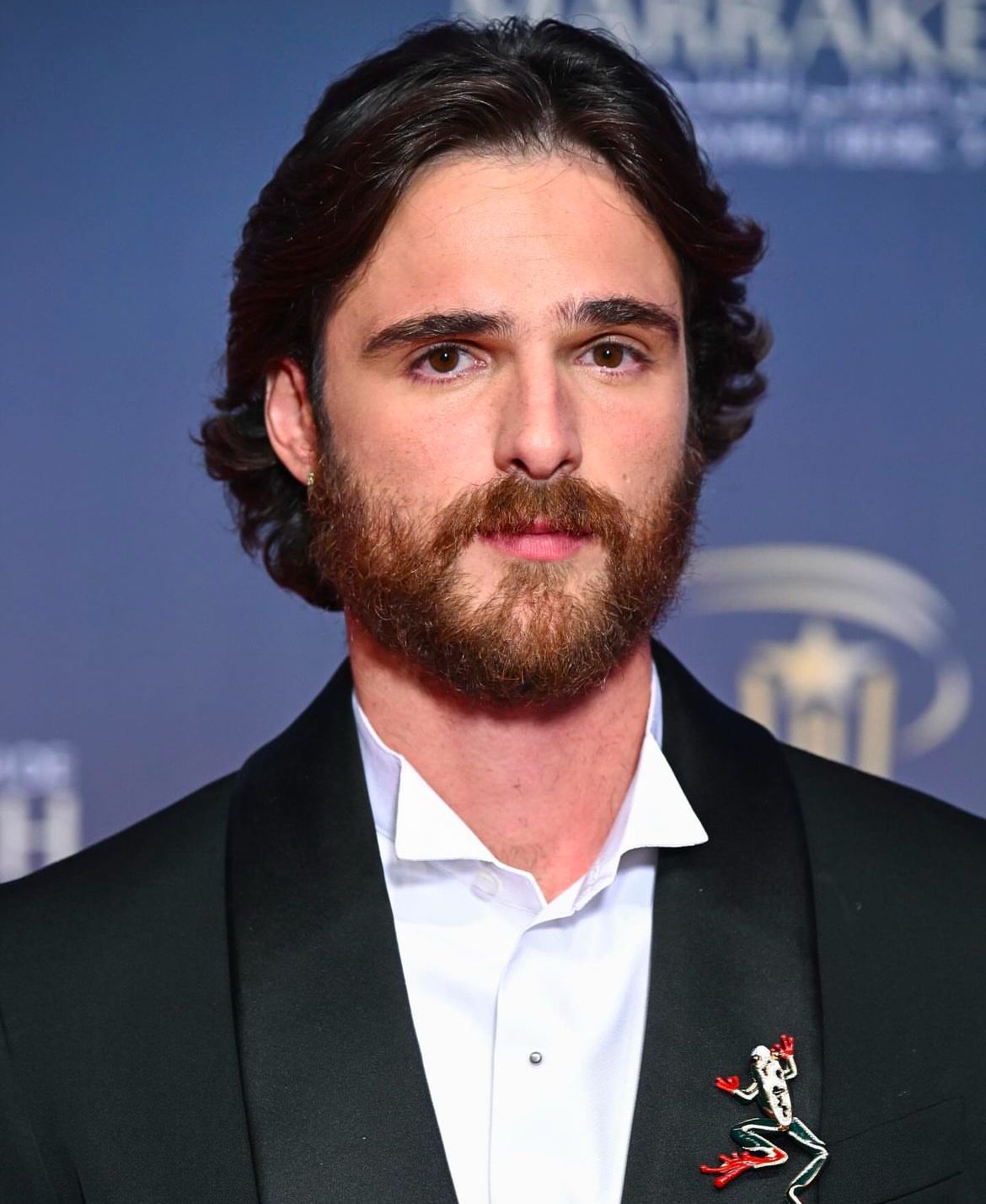
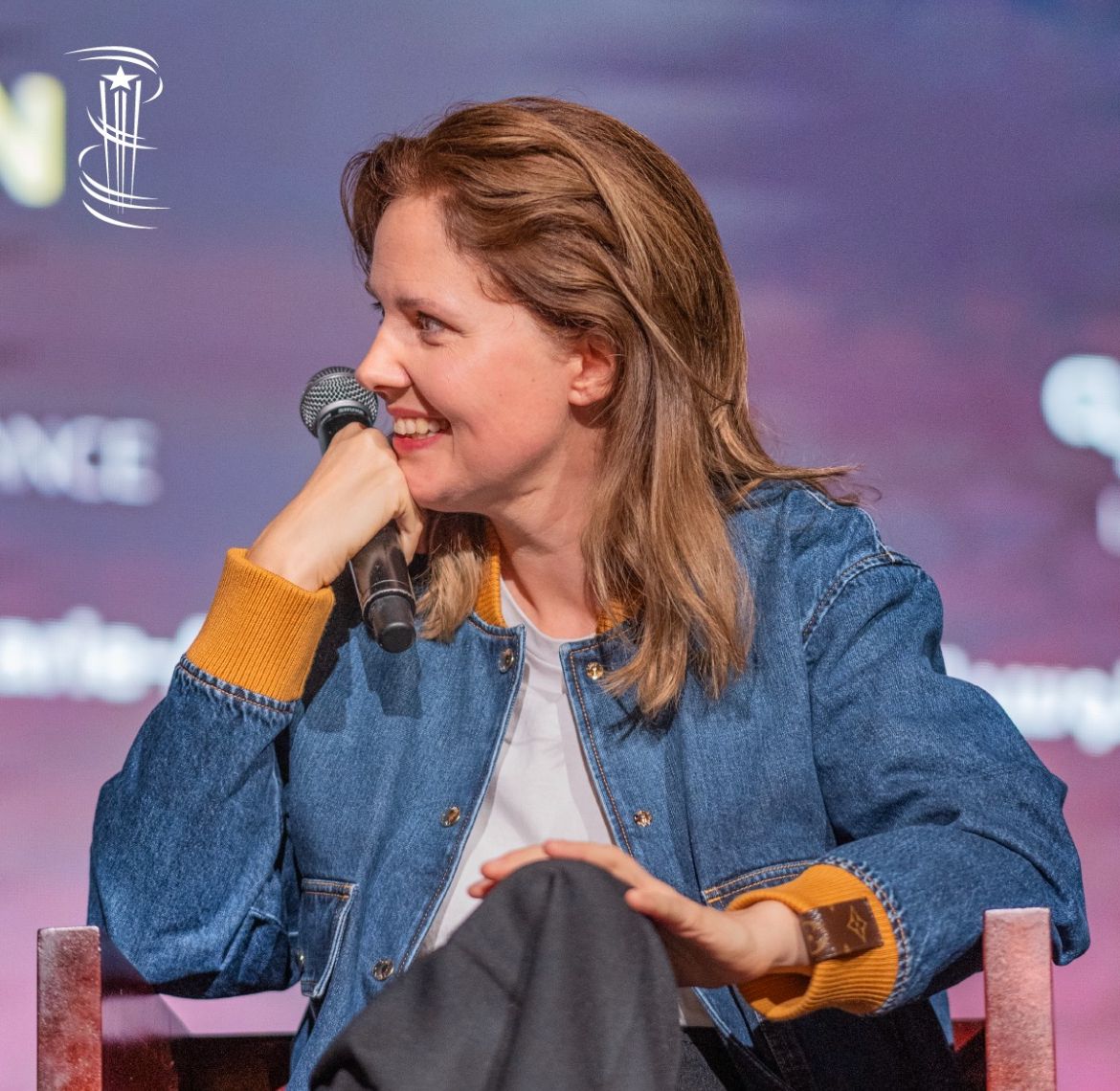
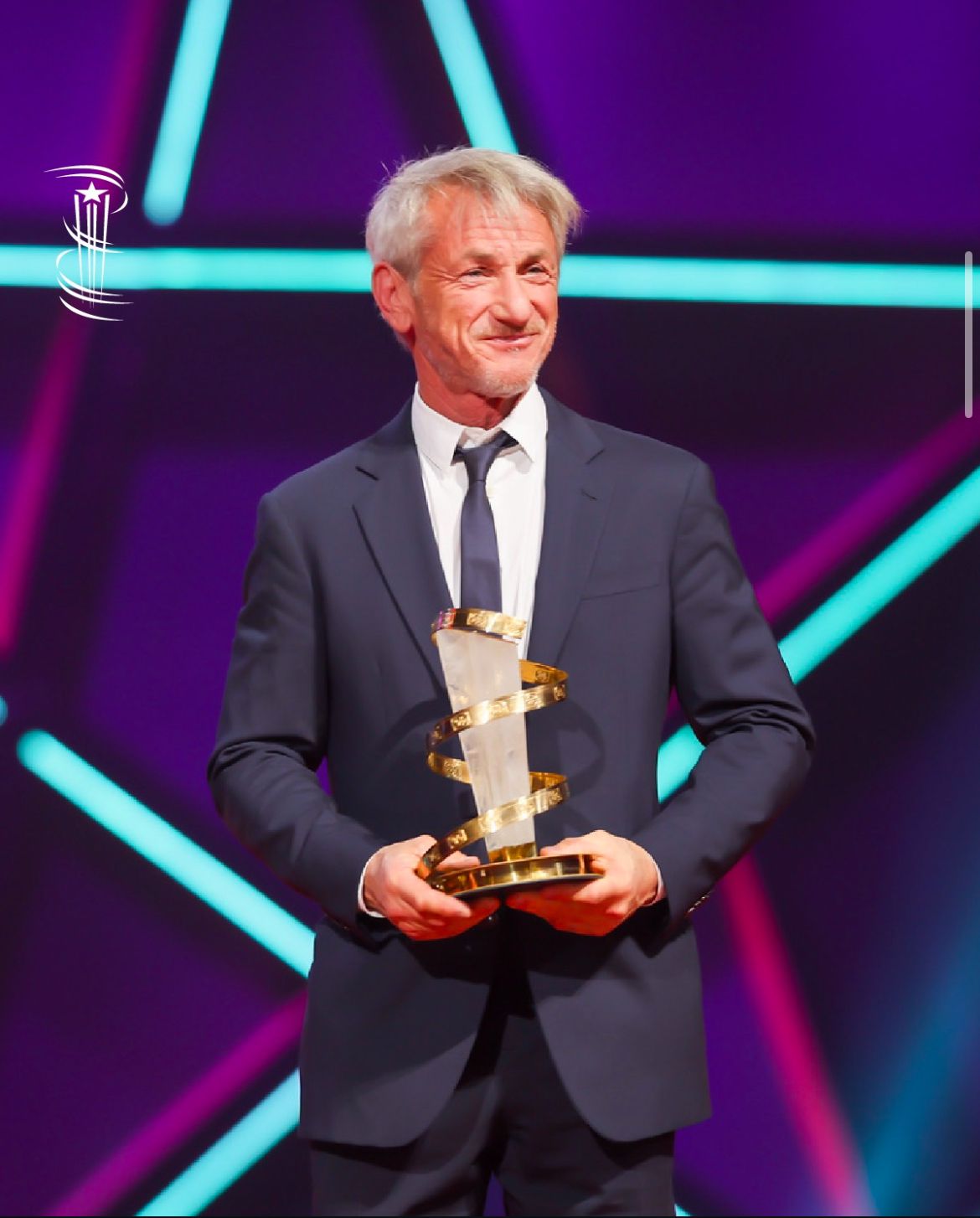

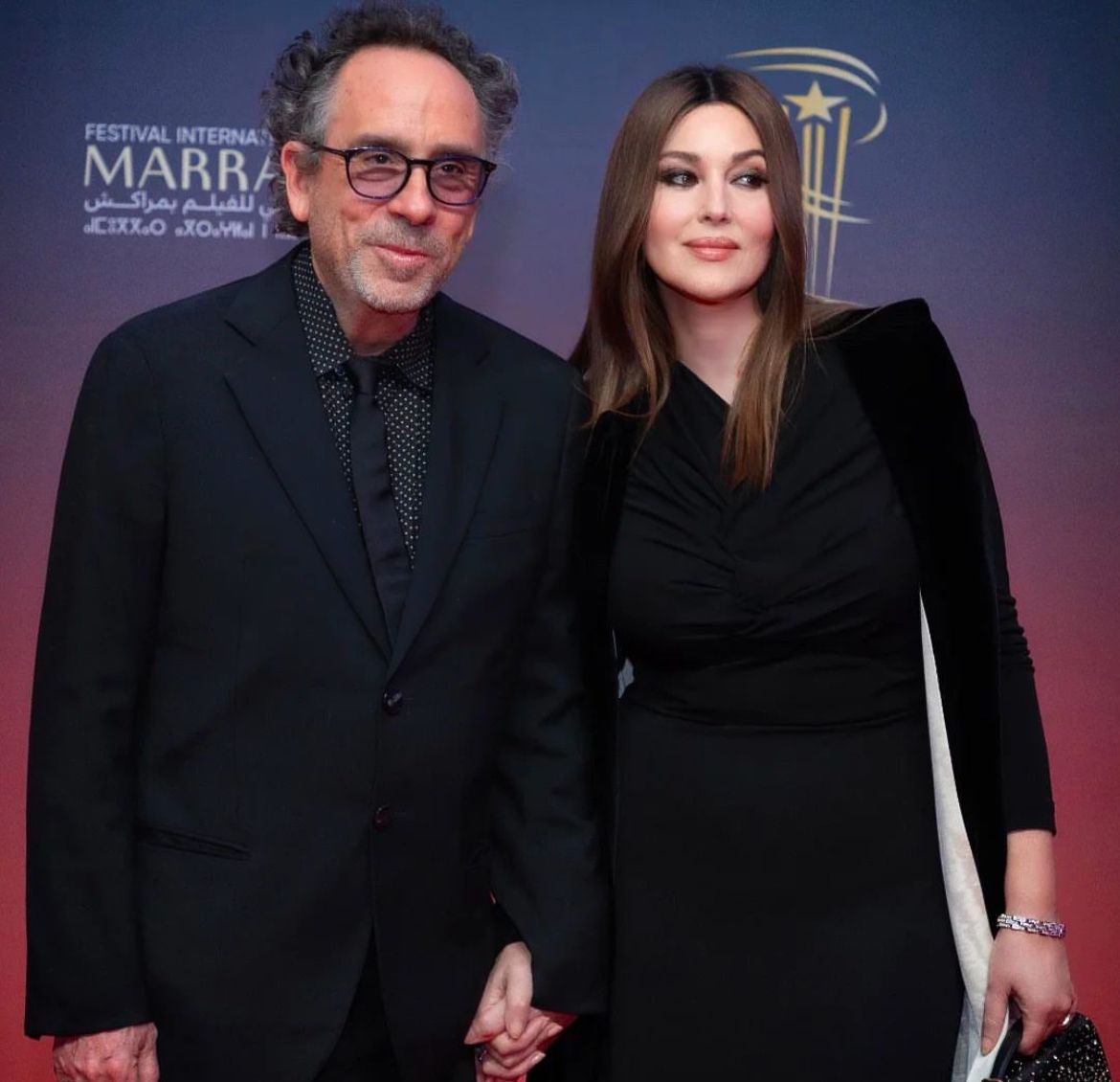
What else? Actor Patricia Arquette sat with A Rabbit’s Foot to discuss female empowerment in Hollywood, and her feature film (she’s actually editing it at night in the Mamounia). Andrew Garfield expressed his happiness to discover more of the region, after visiting Saudi Arabia last year. On an evening in the Spanish garden, where I first interviewed Melita Toscan du Plantier two years ago, he expressed a distaste for the type of political propaganda that caricatures this part of the world. More on both of those interviews later.
Last night, I got to watch Nabil Ayouch’s Everybody Loves Touda with a home audience. Ayouch’s film is the first Moroccan fiction to be competing at the Oscars, and the Gala presentation was flooded with students and local young people (the festival do their best to represent young Moroccans in the audience) who were whooping proudly from the mezzanine as Ayouch appeared and spoke before them. It’s a beautiful film. The story of a young ‘Cheikha’, who dreams of a better life for herself and escapes the country for Casablanca, touched on real local issues around women’s voices, and the male gaze. The audience was spellbound by the acts of courage they watched the filmmaker and his cast enact on-screen, and a long applause continued until well after I had exited the Palais.
This year’s Marrakech International Film Festival feels like an announcement. The 21st edition feels like the most widely-followed online and by the press. It offers an Arab-African alternative to Cannes, Venice, Toronto, and Berlin, and with as much elegance, care, and local pride as them all—plus, we’re getting to discover just how many great young filmmakers exist in the region. Next year, I suspect there will be more interest before the festival has even begun.





